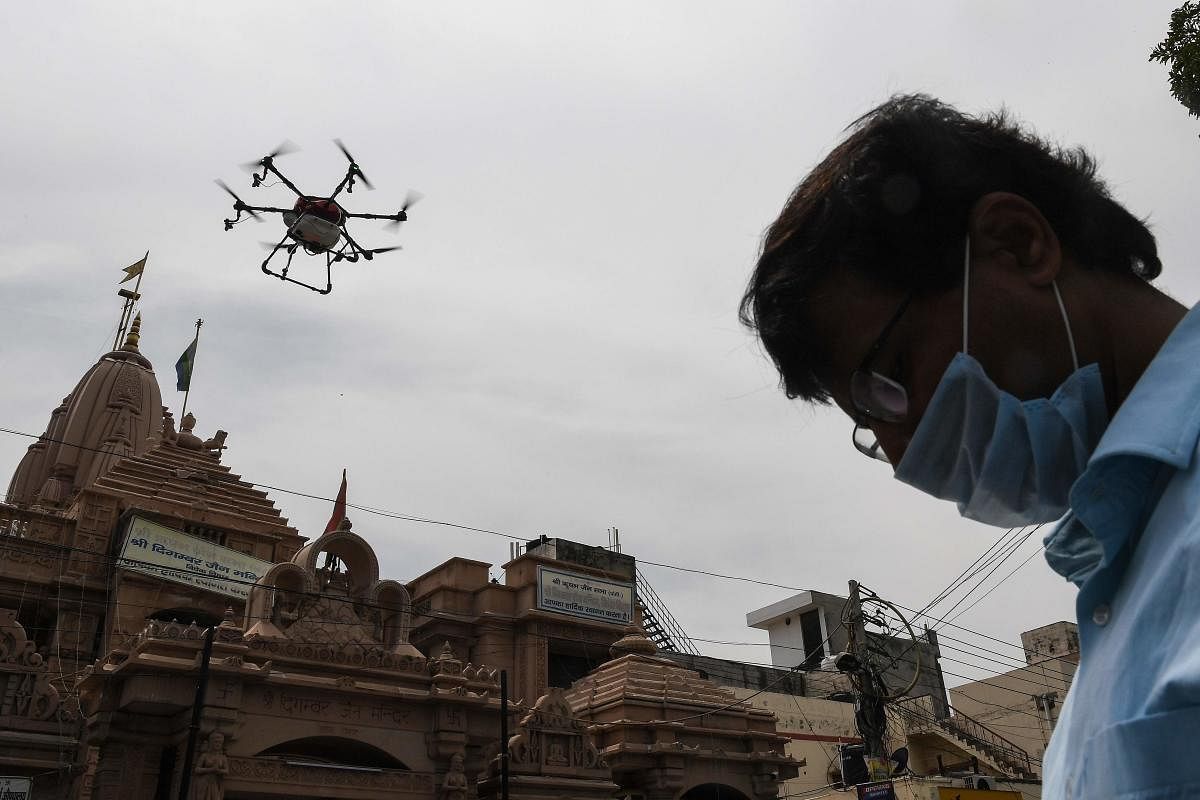
After the COVID-19 pandemic, India will have the opportunity to build an economy that is more resilient, diversified and attractive to the global manufacturers and services as the majority of the businesses worldwide have faced disruptions and economic fallout, according to the head of an India-centric American business representative group here.
Nisha Desai Biswal, the president of US India Business Council (USIBC) said India is expected to benefit as it is expected that businesses will want to de-risk in having too much of a supply chain concentrated in one area and try to diversify and disperse.
“Now after the pandemic, I think it just further underscores that there's an opportunity here for India. In the midst of all of the disruption and economic fallout, there's an opportunity to build an economy that is more resilient, that is more diversified and that is more attractive to more global manufacturing and global Services,” Biswal, who served as the Assistant Secretary of State for South and Central Asia during the previous Barack Obama Administration, told PTI in an interview on Monday.
Globally, the coronavirus pandemic has killed 119,666 people and infected almost two million people, according to Johns Hopkins University data.
The United States recorded 1,509 deaths related to the coronavirus pandemic over the past 24 hours, the data showed.
Several nations have opted for complete shutdown to contain the spread of the deadly virus, a measure which is expected to impact the economy of the countries.
Biswal said that USIBC is committed to working with India on positioning of a post pandemic opportunity to ensure that India continues to be a global services hub in sectors like pharmaceutical, among others.
"USIBC is committed to working with India on positioning for kind of a post pandemic opportunity to ensure it continues to be the pharmacy to the world and continues to build its economy to provide more opportunity and investment for India, but also allow India to become more and more integrated into a global supply chain," she said.
But India will also have to make sure that it takes the steps that it needs to create more efficient opportunities for supply chains to be located in India, whether it's on economic incentives, whether it's on labour, she said.
Biswal said USIBC has written a letter to Prime Minister Narendra Modi underscoring the need for keeping supply chains open, maintaining an open global trading system, and to think about stimulus to support Indian businesses for global investors.
“So, we need to make sure that just as the government is taking very strong measures to support vulnerable populations that are affected by this pandemic, that it takes some robust measures to support Indian businesses that are impacted by the pandemic,” Biswal said.
That is another area that USIBC has identified for the government as they start designing a second stimulus package, she said.
USIBC has turned its attention almost exclusively to helping minimise the disruptions in businesses and make things available to people at home during the global coronavirus crisis.
“That's been almost our entire focus for the past month. But now we're getting to a point that as we anticipate a longer period of disruption, that we're starting to work with both governments on what are some ways in which we can adapt our business models to be able to do more longer in in these kinds of conditions," she said.
".... the US and India can look in terms of a post pandemic world and how our two countries our two economies can take a collaborative approach to addressing key concerns or challenges that have been highlighted through this pandemic period,” Biswal added.
She also said that USIBC has been having conversations with the Indian Ambassador to the US, Taranjit Singh Sandhu, and his American counterpart in New Delhi, Ken Juster, and other senior officials in both the countries over the matter.
“What we're trying to do is really envision how the technology and the capabilities that the private sector has can be deployed, you know, reimagined and deployed to help meet both the societal and economic needs that are emerging today,” she said.